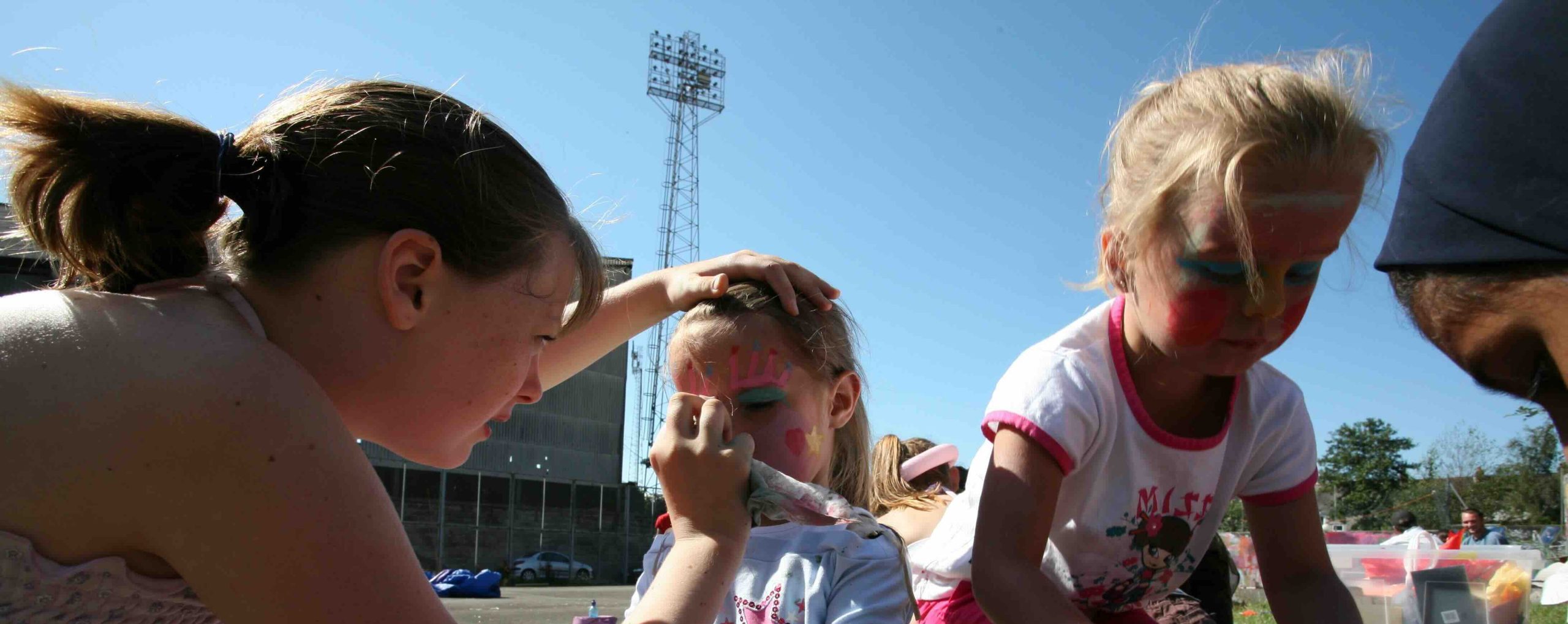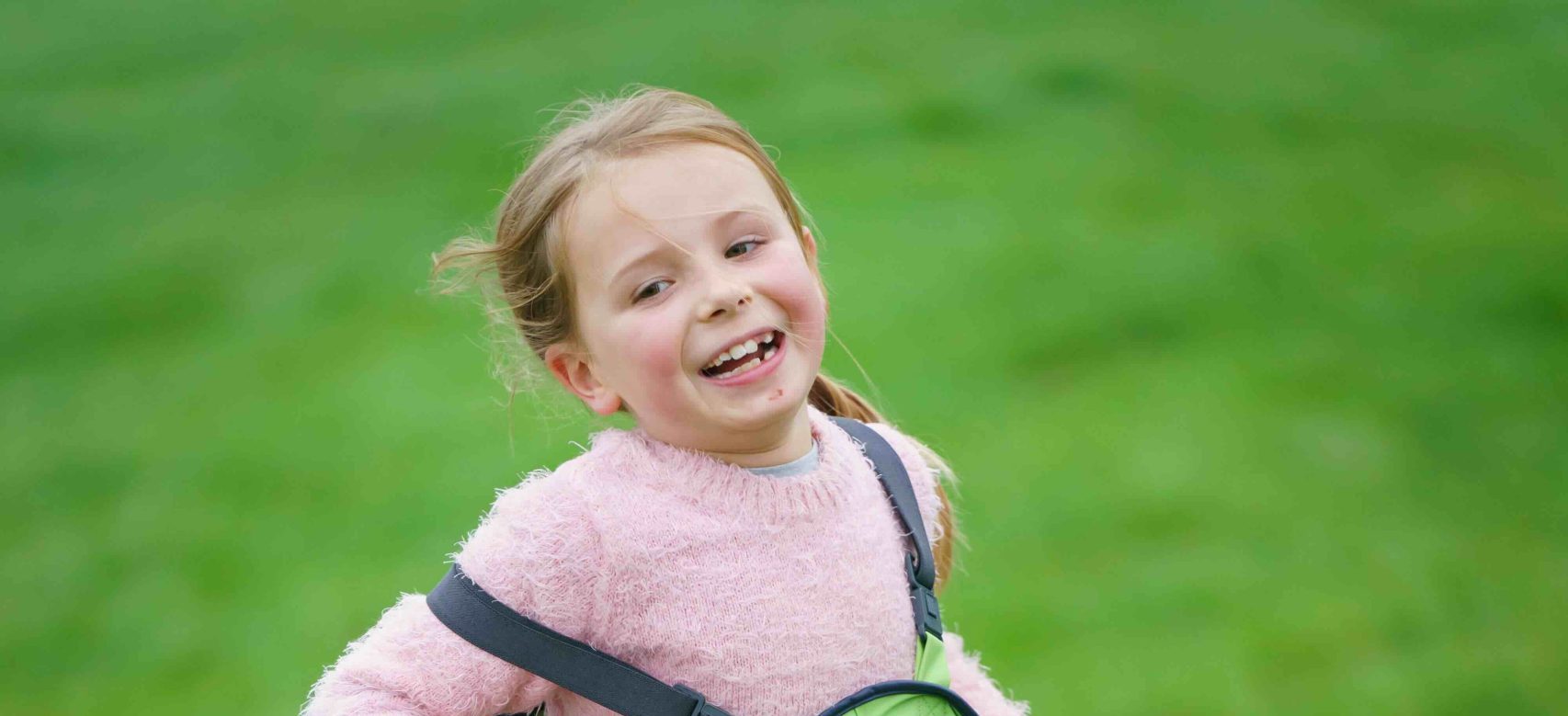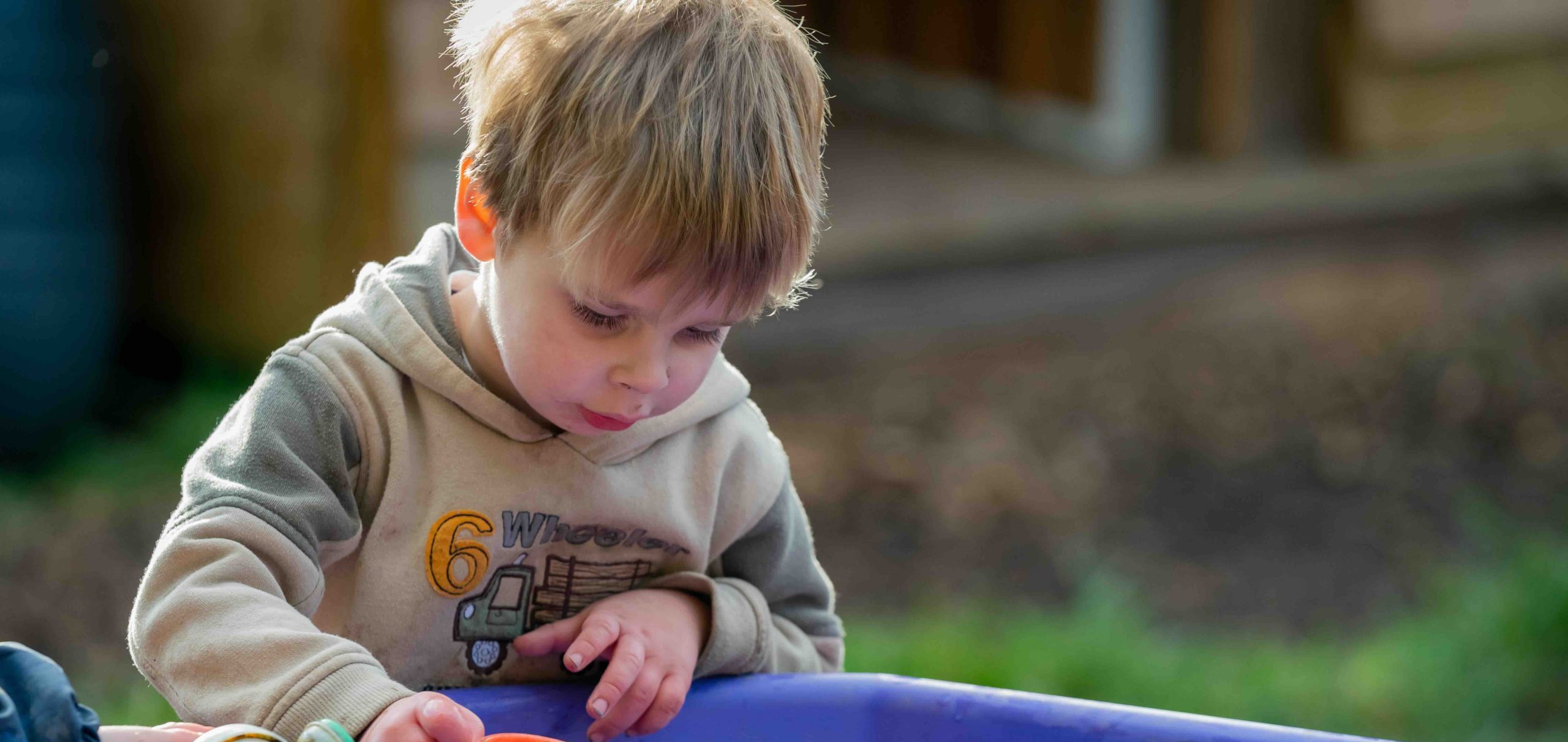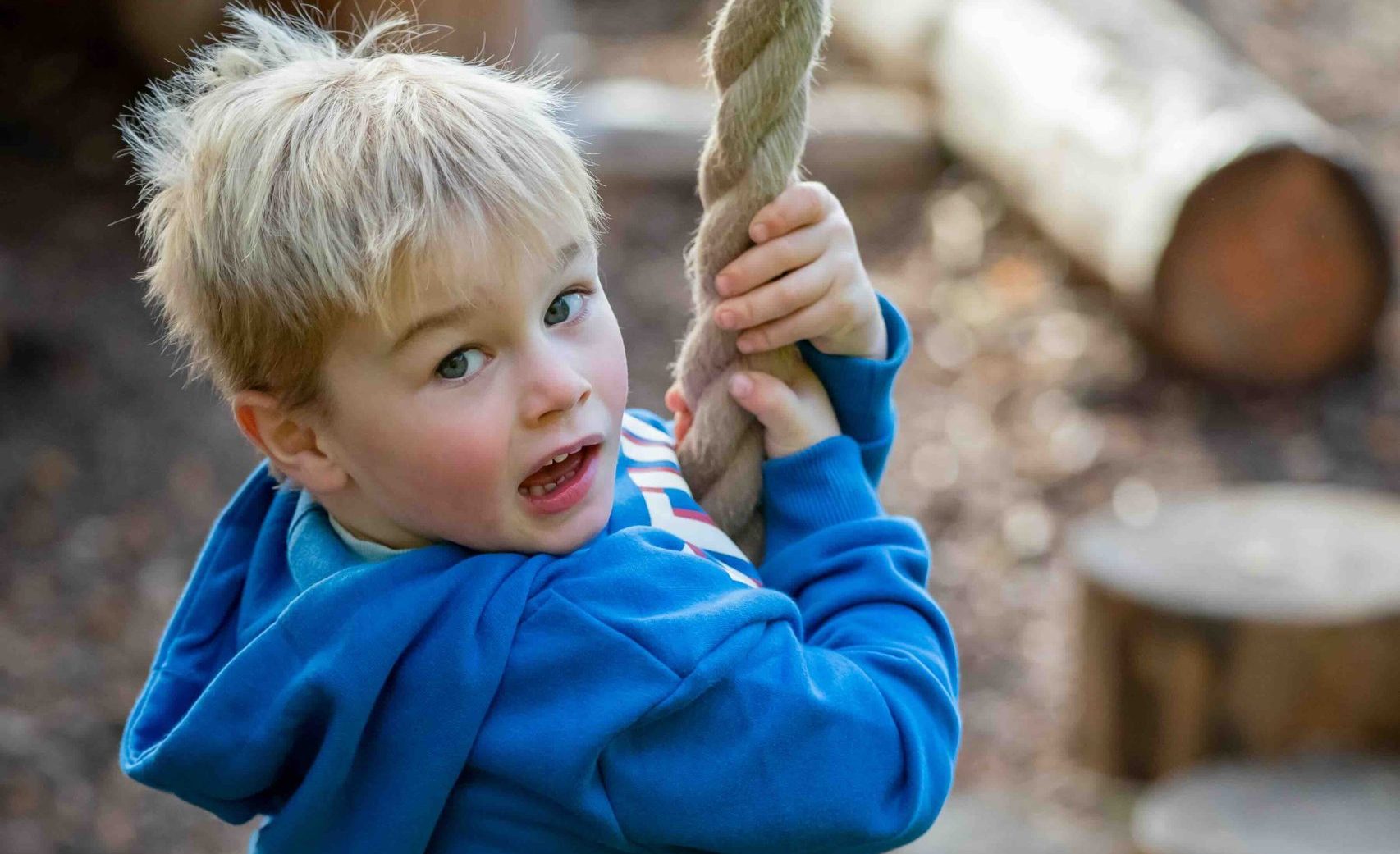Play in the Community
Involving children and teenagers in your play campaign
If you are campaigning about something that affects children and teenagers – like play – they should have the chance to be properly involved.
Children and teenagers have a right to be heard
Children and teenagers have the right to express their views about things that concern them. Sometimes they may need our support to help them do this. This could include:
- giving encouragement
- using lots of visual and arty ways to help them express their views
- welcoming creative ideas
- making sure information is in an accessible format – for example, in plain English, community languages, dyslexia-friendly fonts, using visual images as well as text
- making the physical environment comfortable and welcoming
- making sure the way you help is appropriate for their age and abilities
- doing things at a suitable time
- providing practical support, such as transport or bus fares.
The United Nations Committee on the Rights of the Child says it’s important that children and teenagers are given the opportunity to be a part of developing plans for play and of the design of play services. This might include:
- policies about play
- design of child-friendly communities and environments
- parks and other local facilities
- town and city planning
- laws about education, schools and the curriculum
laws about children’s work.
Top tips for involving children and teenagers
- Involve children and teenagers right from the start.
- Listen to their points of view and ideas.
- Remember that they won’t all have the same point of view.
- Give them enough information and time to choose if they want to get involved.
- Think of different ways they can get involved.
- Make it safe – make sure you welcome different views and different ways of expressing yourself. Have agreements about things like confidentiality and respecting each other.
- Make it fun – they don’t need to be involved in long, boring meetings.
- Make sure it’s possible for all the children who could be interested to get involved.
- Provide information that is clear and takes their age and abilities into consideration.
- Make the most of their enthusiasm, energy and creativity.
- Keep them informed of what’s happening and what you achieve.
Ask their permission before using their words, images or photos – even if their parents have already given permission.
National Participation Standards
In Wales, there are seven Children and Young People’s National Participation Standards. You can use them to make sure children and teenagers have as good an experience as possible.













